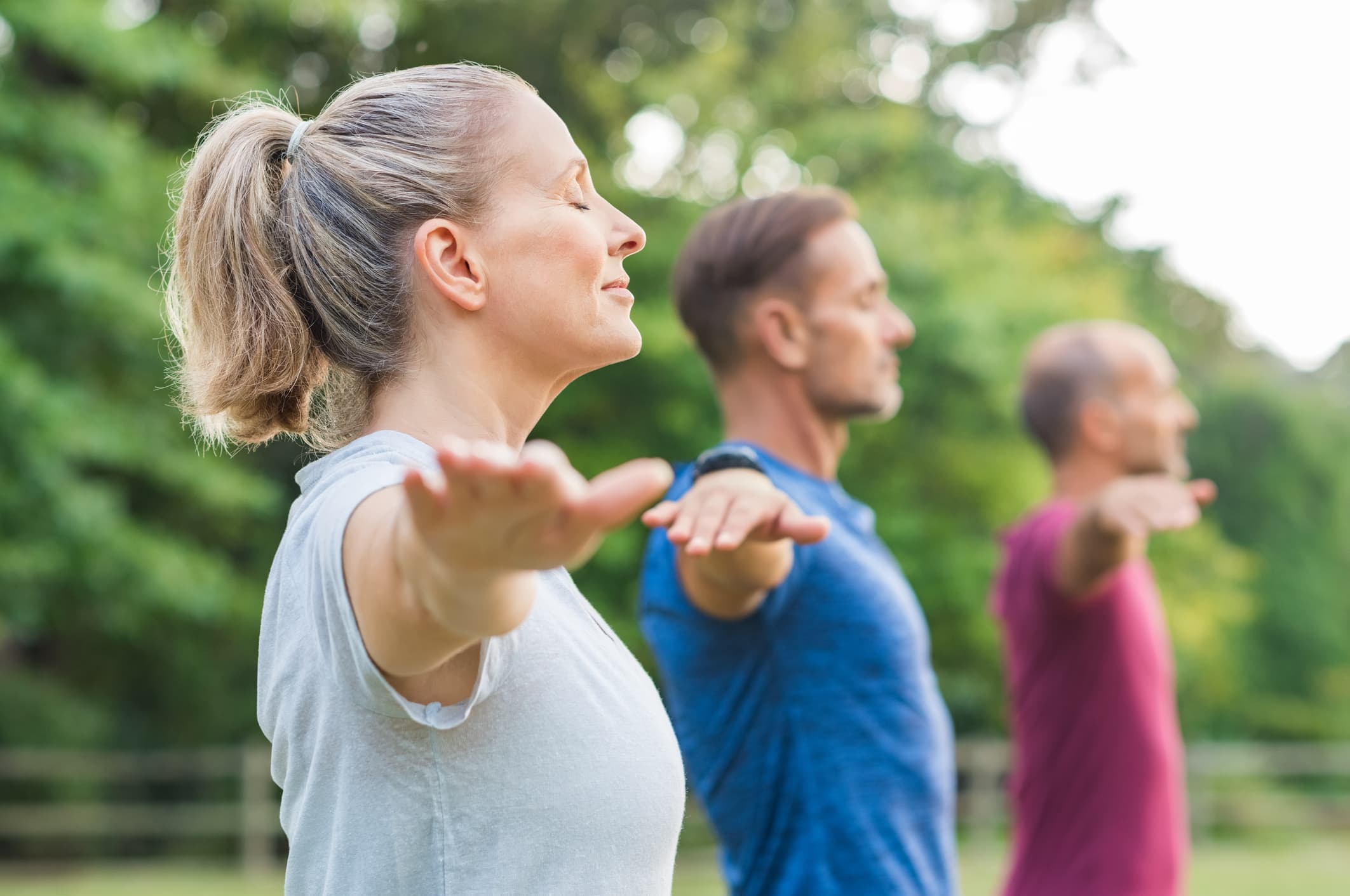It’s Day 8 today and our focus is on NUTRITION. We have nearly completed a full circle of our WellBeing Wheel and all fall into place very soon! So what IS Nutrition? Nutrition is not just what we eat. It’s what we watch, what we listen to, what we read. It’s the people we spend time with, and how we talk to ourselves. It’s our self-care, quality sleep AND also the healthy foods we eat.
The Institute of Integrative Nutrition (who our Founder, Beverley Le Cuirot, qualified with) in New York talks about Primary and Secondary Foods. Primary Food includes meaningful positive relationships, regular physical movement, a fulfilling career or purpose, and a spiritual practice of your choosing. When Primary Food is balanced and satiated, your life feeds you, making what you eat secondary.
Secondary, healthful food is then used to ‘crowd out’ unhealthy foods. The more whole foods, like fruits, vegetables, grains, we add to our diet, the less room there is for unhealthy foods, and cravings will lessen. Drinking lots of water (1.5 litres ideally per day), to help your liver and kidneys work optimally, and eating nutrient-rich Secondary Food early on in the day, is another way to crowd out the cravings many of us know all about during the afternoon and evening. Don’t tell me you have never reached for a biscuit or sugary snack mid-afternoon. I am sure you have, I know I have, but less and less these days.
Crowding out the foods we should avoid is a really effective way of eating healthfully. There are so many different diets around, we are bombarded by choices and fads, it can become overwhelming. I’m a great believer in identifying the foods which disagree with you – by removing certain foods from your diet for 30 days and then re-introducing them. You’ll soon know if something isn’t right for you.
Also, don’t expect to change your way of eating all at once. Drastic, sudden shifts are difficult to maintain because they force you to repress food cravings and imbedded eating habits. The more habits are repressed, the more powerful they become, leading to internal stress that builds until you can bear it no longer and you fall off the wagon. The diet fails. A gradual introduction of basic changes allows you to create a larger shift without as much effort or strife.
Even by choosing to follow just one step of the 12 steps we will share today, significant changes will happen for you. It’s like climbing a ladder, you have to take one rung at a time or you might fall off. Choose the things you want to do the most and leave the hardest ones for later. By starting with the easier ones, your body’s energy will kick in and you will feel the momentum. The hardest things will then be less difficult as you won’t be starting from zero.
Remember, you do not need to follow the steps in order, simply pick the one or ones for you and go for another when you are ready. This could be each day, week, or month. It is entirely your choice. This isn’t a short-term fix, but a long-term lifestyle. Trust your instincts (our article yesterday spoke all about this), and know that each change you make has a tremendous impact on your present and future.
Here are the 12 steps:
1. Drink more water – we’ve spoken about this one already. An easy one to start you off perhaps?
2. Practice cooking – learning the art of simple meal planning will help you get all the nutrients you need as well as release you from the dependency and cost of takeaway and other processed food. This may be easier for some than others but worth the effort to support a move to eating healthfully.
3. Experiment with whole grains – many fashionable diets advise people to avoid carbohydrates, naming them as a culprit in our obesity crisis. Not so, if you look at the slim bodies of Japanese people who consume high-carbohydrate diets with a lot of rice and starchy vegetables. Whole grains are some of the best sources of dietary fibre and B vitamins and because the body absorbs them slowly, grains provide long-lasting energy. With all things, it is always best to experiment to see which ones work best for you, if at all.
4. Increase sweet vegetables – almost everyone craves sweet foods. One way of avoiding a reliance on processed sugar it to add more naturally sweet flavour to your diet. This will dramatically reduce sweet cravings. Certain vegetables have a delicious, sweet flavour when cooked – try corn, carrots, red onions, beets, butternut squash, sweet potatoes, turnips and parsnips – the choice is yours.
5. Increase leafy green vegetables – the benefits of eating dark leafy green vegetables are many, including blood purification, improved circulation, immune strengthening, lifted mood, promotion of healthy gut flora, improved liver, gallbladder and kidney function, and clearing of congestion, especially in the lungs. Try a green smoothie each morning – spinach, kale, celery, green apple, lime and ginger – delicious!
6. Experiment with protein – the basic building block of the human structure, it is beneficial to eat some protein in every meal. Protein requirements do vary from person to person though so try experimenting, reducing or increasing your intake, and trying different sources and notice the impact on your body.
7. Eat less meat, dairy, sugar and processed foods; consume less coffee, alcohol and cut out tobacco. Not popular, but those who can do this will feel more energised.
8. Develop easy and reliable habits to nurture your body – this is a personal choice. An Epsom salts bath or hot towel scrub is incredible for relaxation, circulation and detoxification. A great source of primary food as it creates a loving connection between you and your body. Also, the heat helps to melt away subcutaneous fat and break down cellulite.
9. Have healthy relationships that support you – this includes home and work relationships. We all need support, so find people in your life that can offer it to you.
10. Find physical activity you enjoy and do it regularly. Movement aids digestion, circulation, respiration and is so beneficial to good mental health. It is also a way to reconnect with nature and people if you exercise together or in a group.
11. Find work you love or a way to love the work you have – we spoke about this on Day 1. It’s so important, and really works, I’ve been there and proved it!
12. Develop a spiritual practice or purpose – this is very much an individual choice. It can give tremendous depth and meaning to one’s life.
So today let’s be extra mindful of the things we ingest into our body, emotionally, spiritually and physically. Where will you start? You might be surprised.

